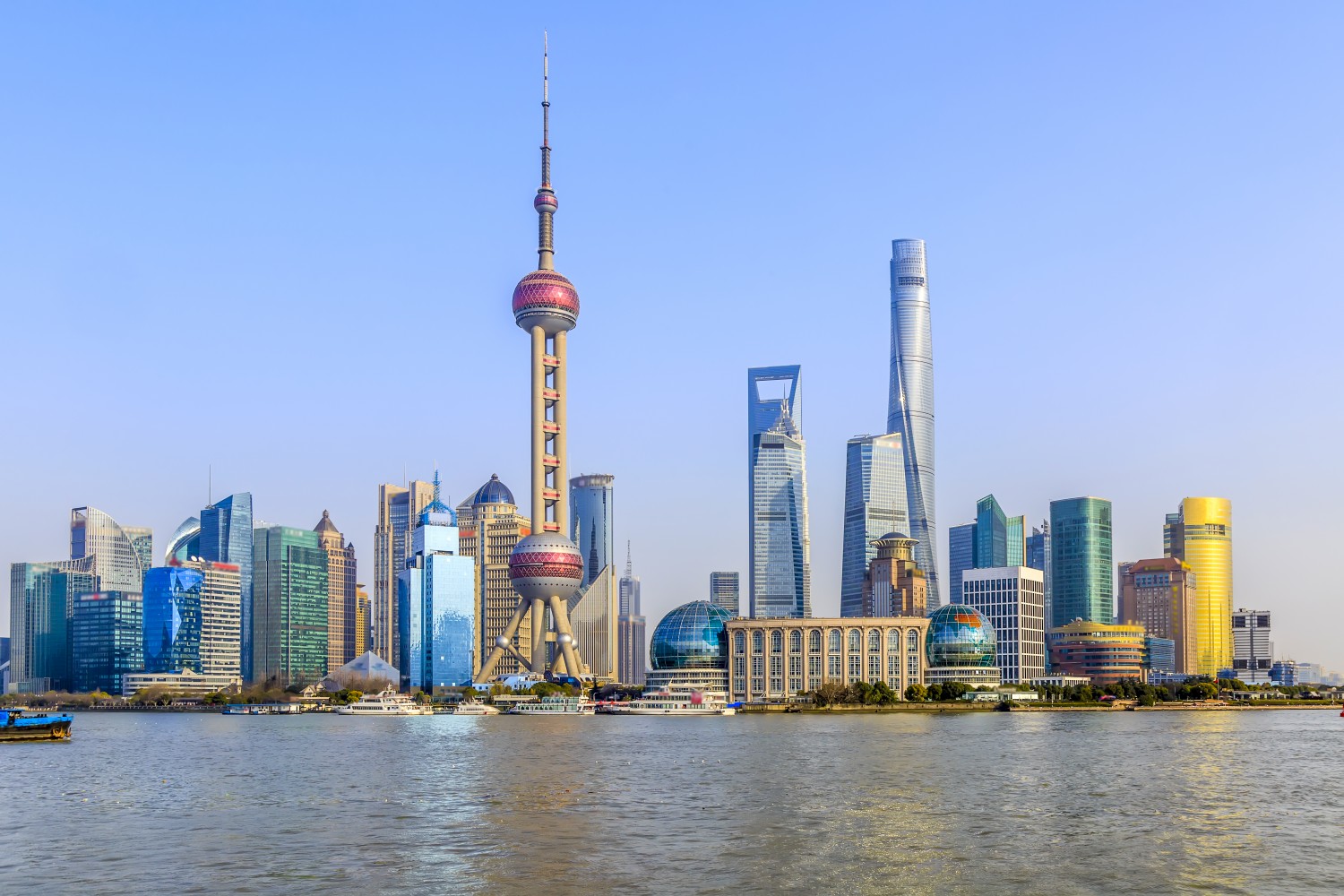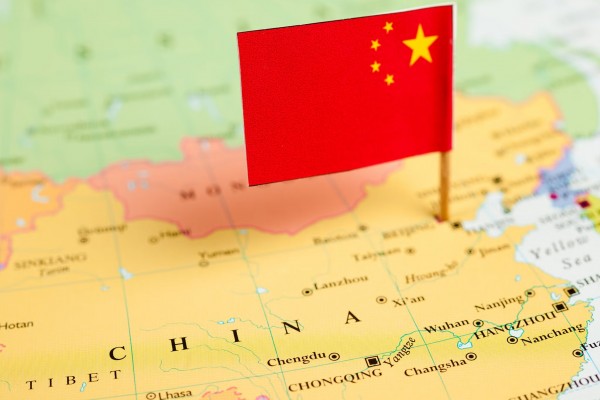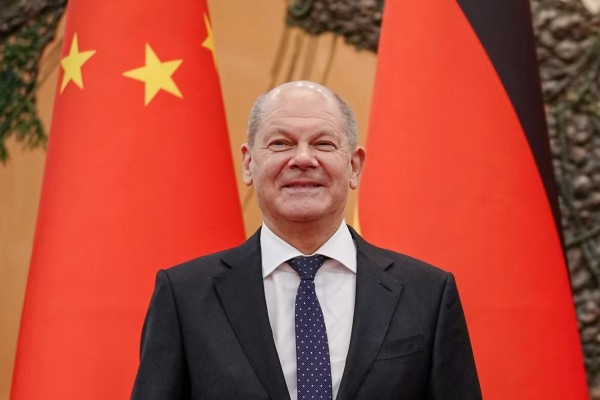Review № 7 of Chinese Antitrust News from the Experts of the BRICS Competition Centre
- Promotional video about antitrust compliance in 6 areas
- Anti-monopoly seminar in Wuhan
- During the first quarter, 155 transactions were agreed upon
- Biden accuses China of unfair competition
- Apple is losing competition to local brands in China
- WSJ: China will switch to domestically produced chips
- Campaign to promote fair competition in Xinjiang
- Solar energy companies have cut investments
- City Shop supermarket is being liquidated due to competition
Promotional video about antitrust compliance in 6 areas
In honor of the first anniversary of the Anti-Competitive Agreements and Abuse of Dominance Regulations (April 15th), SAMR released a series of advocacy videos on antitrust compliance in six key areas: platform economy, industry associations, utilities, pharmaceuticals , building materials and automotive industry. The videos examine common forms of monopolistic behavior and provide guidance to businesses and industry associations on raising awareness of antitrust compliance, creating a fair and competitive market environment, and ensuring high-quality development.
Source: Wechat
Anti-monopoly seminar in Wuhan
A seminar was held at Wuhan University to discuss anti-monopoly policy, the business environment and the single national market. Experts and scholars from nearly 30 universities, including Peking University, Beijing People's University, and the Chinese Academy of Social Sciences, discussed the competition indicator recently introduced by the World Bank, its possible implementation in the Chinese legal system, and made suggestions for more effective promotion competition in the market.
Source: Wechat
During the first quarter, 155 transactions were agreed upon
155 economic concentration transactions were approved by SAMR without a prescription in the first quarter of 2024, with the vast majority of them (90%) being considered under a simplified procedure. 54% of transactions were carried out with the participation of state-owned companies, 42% with the participation of private ones, and 41% with foreign ones. It is noted that 41% of transactions relate to manufacturing sectors of the real economy.
Source: SAMR
Biden accuses China of unfair competition
US President Joe Biden, during a campaign speech, called for tripling import tariffs on Chinese steel and aluminum, accusing China of unfair competition. Biden said Chinese manufacturers "don't compete, they cheat" (referring to the government's protectionist policies).
Earlier, following complaints from five unions, Biden directed the US Trade Representative to launch an investigation into China's unfair practices in the shipbuilding, shipping and logistics sectors. The announcements are part of a campaign to revive American manufacturing and strengthen its position on the international stage ahead of the election.
Source: SCMP
Apple is losing competition to local brands in China
Apple is losing ground in the Chinese market, which is one of the most important overseas markets for the company. Due to the growing popularity of products from Chinese manufacturers such as Xiaomi and Huawei, and increasing geopolitical tensions between China and the West, Chinese consumers are increasingly choosing the iPhone.
Increased competition in China significantly contributed to Apple's sales decline in the first quarter of 2024, according to a study by International Data Corporation. Since the beginning of the year, Apple's sales have decreased by 9.6%, amounting to 50.1 million units, which allowed the Korean company Samsung to take the leading position with sales of 60.1 million units. Apple's share of the global market is 17.3%, while Samsung's share reaches 20.8%.
Source: Fortune
WSJ: China will switch to domestically produced chips
According to The Wall Street Journal, the Ministry of Industry and Information Technology of the People's Republic of China demanded that national telecom operators stop using foreign-made chips in network equipment by 2027. Chinese media have not yet confirmed this report and report it with reference to the WSJ.
The greatest damage from the ban will be suffered by the American corporations Intel and AMD, which supply significant volumes of semiconductors to the Chinese market, the article says. Thus, in 2023, for Intel, 27% of the company’s revenue came from the Chinese market. At the same time, Chinese companies such as Huawei, SMIC and HiSilicon will benefit from these measures, as equipment based on locally produced processors will be widely used in China.
Source: The Wall Street Journal
Campaign to promote fair competition in Xinjiang
The Xinjiang Uygur Autonomous Region (western China) launched the "Guardian of Fair Competition" initiative, which aims to promote the implementation of fair competition policies, strengthen enforcement of the Anti-Monopoly Law and the Anti-Unfair Competition Law, support equal competition among all market participants, and stimulate innovation and competition.
The campaign plans to:
─ through various channels, collect information about possible violations (local protectionism, market division, anti-competitive agreements, abuse of dominant position, etc.);
─ strengthen control over natural monopolies (water, electricity and gas supply, communications, etc.);
─ strictly check all regulations for the absence of provisions that impede fair competition, use the institution of independent verification;
─ strengthen law enforcement in socially significant markets (pharmaceuticals, beauty industry, training, etc.);
─ combat false advertising and unfair competition using e-commerce technologies.
Source: Gov.cn
Solar energy companies have cut investments
Solar energy companies have canceled or delayed 16 investment projects worth more than $8.3 billion due to excess capacity, increased competition and lower prices. Aiko Solar Energy Chairman Chen Gang predicts that future competition will focus on power and quality, pushing out low-quality products. Only 5-6 of the top 10 leaders will remain in the industry, and the sector will grow by 20-30% by 2030.
Source: Yicai Global
City Shop supermarket is being liquidated due to competition
Against the backdrop of actively developing online sales, the large supermarket chain City Shop, which had been on the market for 30 years, could not withstand the competition. The last two stores will close in Shanghai due to losses.
Earlier in 2017, City Shop sold part of its shareholding to local fresh fruit retailer FruitDay. In recent years, the chain has come under pressure from other hypermarket chains, high-end stores and online fresh food delivery services.
Source: Shine.cn




